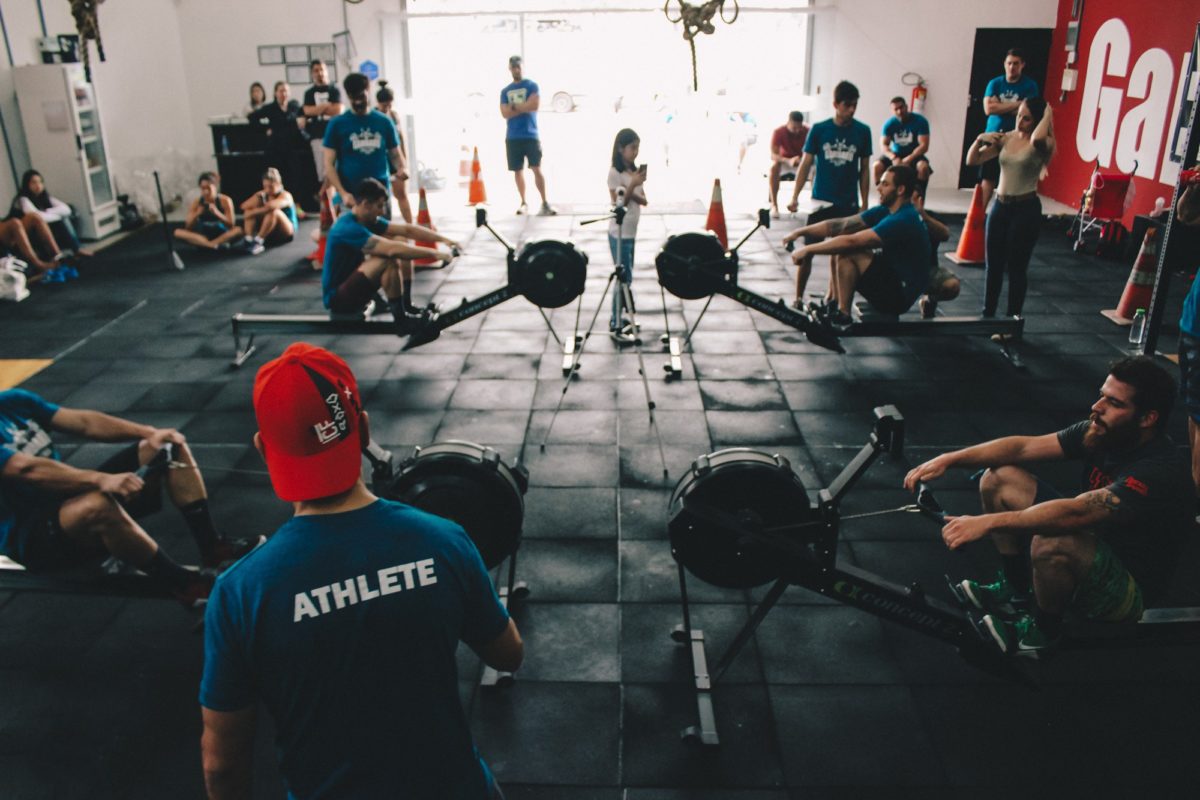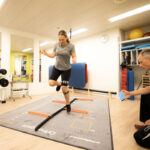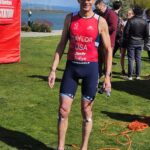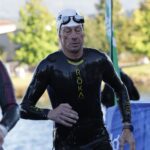Every sport has a competitive season that ends. For winter sports, it’s recently concluded and for spring sports, it is rapidly approaching. After a long and demanding season, you’re probably tired of your sport (regardless of whether the season was a triumph or a disappointment). It’s time to pack away your gear, kick back, relax, and forget about your sport for a few months, right? WRONG!!!
Without getting into a lengthy discussion about the merits and costs of sport specialization, the simple reality is that aspiring to be the best athlete you can be is not a part-time activity. It requires a year-round commitment and consistent effort in your physical, technical, tactical, and, yes, mental training. If you’re an athlete serious about achieving your competitive goals, the end of the competitive season simply means it’s time to start your preparations for next season. After a short period of rest and relaxation, say, a week or two, you need to begin your planning and your training that will get you ready to continue your progress toward your goals next season.
Evaluate This Past Season
The first thing you want to do is to look back on the recently completed competitive season and evaluate how you did. Here are 8 essential questions to ask yourself (and your coaches):
- What strengths do you bring forward from this past season that will propel into next season?
- What weaknesses have you identified that you need to improve on?
- What has worked for you that you absolutely want to keep doing?
- What has mostly worked that you may need to fine tune and tweak?
- What hasn’t worked that you want to discard?
- What can you add to your training (physical, technical/tactical, mental) that has been missing?
- How can you innovate in the different aspects of your training to take your sports performance to the next level?
- Finally, and specific to my area of expertise, what mental areas do you need to work on to get to the next level?
With these questions answered, you can, in collaboration with your coaches, decide what in your training worked and what did not. You can then use this information to create an off-season training program to build on your strengths and alleviate your weaknesses, so you will perform that much better next season.
It’s About Preparation
How you perform next season depends on what you leading up to it. The physical conditioning gains you make and the technical, tactical, and mental skills you develop in the off-season will determine how much you improve and whether you reach your competitive goals next season. There are three areas in which you must focus to maximize your preparation.
First, Commit to an intensive physical conditioning program. So many sports these days are about being as physically fit as you possibly can, meaning you need strength, power agility, endurance, and mobility (the new-fangled term for flexibility). The only way to develop these areas is with an organized fitness program that may involve weight training, plyometrics, speed work, and stretching.
Second, most highly committed athletes continue to practice their sport between competitive seasons. Off-season training is essential for your technical and tactical development because you’re able to focus exclusively on improvements in your sports’ fundamentals without the pressures of getting ready for competitions.
Finally, and just as importantly, the off-season is the best time to engage in mental training. Just like physical conditioning and technical skills, mental aspects of sport (e.g., confidence, intensity, and focus) take time and effort to develop. An organized program of mental training can have huge benefits when you enter the new competitive season. More on mental training next week.
Getting Going
Getting going for next season starts with that first step of deciding how important your sport is to you. Here are some questions to ask yourself:
- How big are your sports goals for next season?
- How hard are your competitors going to be working in the off-season?
- How badly do you want it?!?!
The key to achieving your goals next season is to start now! Talk is cheap. It’s easy to say you want to be a great athlete; it’s an entirely different thing to actually do the work necessary. If your goals are at all high, the only chance you will have is to commit to intensive off-season physical, sport, and mental training programs. Your goal when you get ready to enter the competitive arena in next season is to be able to say: “I’m as prepared as I can be to perform my best.” And, with all of that hard work in the off-season that you “deposited in the bank,” the chances are you will be successful and reach your goals.
Want to get your mind in the best shape of your athletic life? Take a look at my latest book, Train Your Mind for Athletic Success: Mental Preparation to Achieve Your Sports Goals and my online courses for athletes and coaches.







